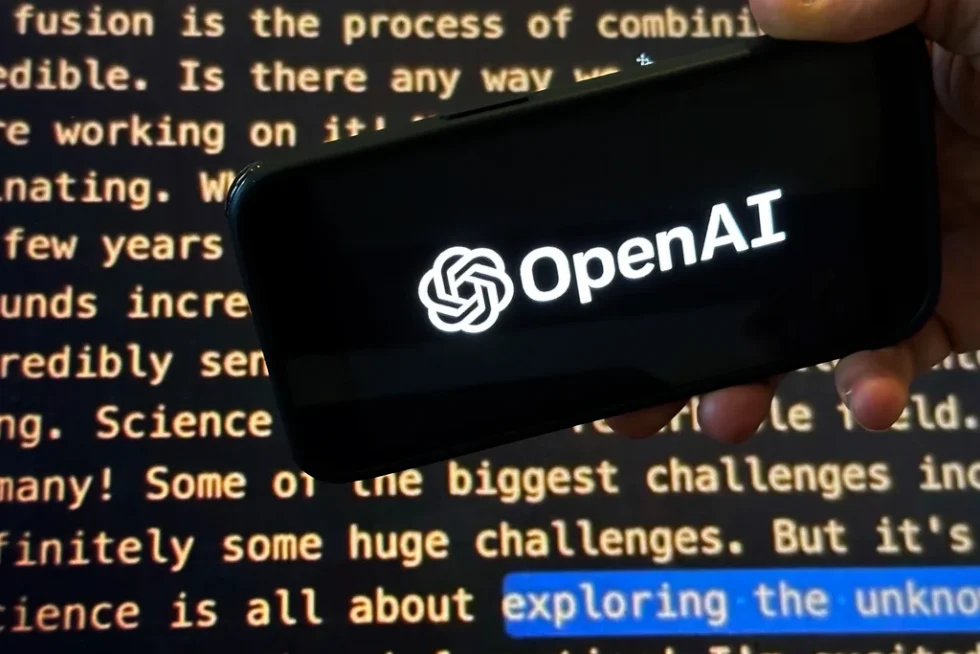
The original version of this article was published in Italian by the same author on 3 June 2024.
Davide Casaleggio, a prominent figure in the field of technology and founder of the first digital movement to come to power in a G7 country, has engaged with influential world leaders – ranging from those who ran in the US presidential elections to key figures who catalysed the Arab Spring, from pioneers of digital voting in Estonia and Taiwan to spiritual leaders like the Dalai Lama.
His discussions have focused on identifying the opportunities and risks associated with artificial intelligence and algorithms.
In his new book, Power’s Algorithms. How artificial intelligence will rewrite politics and society, Casaleggio explores the profound transformations AI is bringing to society and politics, which now possess unprecedented tools of persuasion.
The book is an investigation into the new frontier of digital democracy, highlighting how AI can accelerate social and economic changes with a revolutionary impact, similar to the one of electricity’s introduction, but with greater speed and scope.
In history’s greatest electoral year, how will artificial intelligence transform politics? And society?
Artificial intelligence will deeply transform politics and society. In the political sphere, AI will be able to analyse vast amounts of electoral data to identify trends, voter preferences, and widespread sentiments. This will allow politicians to tailor their messages and campaigns with extreme precision, enhancing the effectiveness of political communication. However, this level of accuracy also raises ethical concerns regarding privacy and the manipulation of public opinion. For society, AI could facilitate greater civic participation, enabling citizens to engage with decision-making processes in a more transparent and interactive way. However, it will be crucial to ensure that these technologies are used fairly and responsibly to prevent the creation of new forms of inequality and social control.

Davide Casaleggio, cofounder of the Five Star Movement and CEO of Casaleggio Associati. Photo: courtesy of Davide Casaleggio.
What do you mean by “new technological humanism”, of which you talk about in your book?
By new technological humanism, I mean a vision in which technology and humanity are no longer in opposition but integrate to enhance the human condition. This concept is based on the idea that artificial intelligence and other technological innovations can be used to amplify human capabilities, promote social justice, and improve quality of life. However, to achieve this new humanism, it is essential to develop an ethical and legislative framework that guides the use of technology, ensuring that it remains accessible to all and is employed for the common good.
How can we fill the cultural and legislative gap that still hinders the integration of innovation and democracy?
A multi-faceted approach is necessary, combining education, regulation, and international cooperation. On the cultural side, we need to promote digital literacy and critical understanding of emerging technologies. This can be achieved through educational programs that prepare citizens with the knowledge to understand and use new technologies responsibly. From a legislative perspective, it is crucial to update existing laws and create new regulations that protect citizens’ rights and ensure the ethical use of technology. Finally, international cooperation can help establish global standards that promote responsible innovation and digital democracy.
From virality to variety. AI can generate disinformation campaigns capable of subtly influencing voters’ perceptions and decisions without them even realizing it. This new type of disinformation is harder to detect than previous campaigns, as AI can slightly alter the message thousands of times, making identification and prevention more complex. What can be done to neutralize these campaigns?
Countering AI-driven disinformation requires an integrated approach that combines advanced detection technologies, citizen education, and regulation. Digital platforms must develop algorithms capable of identifying and blocking – or at least flagging – manipulated content in real-time, using techniques such as user behaviour analysis and anomaly detection. Additionally, educating citizens to recognize disinformation is crucial, promoting media literacy and critical awareness. Finally, regulations should enforce transparency regarding content sources and accountability for those spreading false information. Digital platforms must also collaborate with authorities to prevent and fight disinformation effectively.

Photo: FMT.
What do you think about TikTok’s algorithm? Could the possible ban in the United States extend to Europe and Italy?
TikTok’s algorithm is a powerful tool that uses artificial intelligence to personalize content with great precision, keeping users engaged for long periods. Its potential ban in the United States reflects concerns related to its dominance over American social media platforms. However, I believe that such policy would not make sense, either in the U.S. or in Europe. Commercial competition has always benefited the final users.
How do you assess Meta’s decision to not recommend political content on its platforms?
It is an attempt to reduce polarization and the spread of misleading information. While this move may help limit the impact of disinformation campaigns and lower social tensions, it also raises concerns about freedom of expression and citizens’ right to access relevant political information. It is crucial that such decisions are made transparently and that platforms find a balance between protecting users from disinformation and ensuring their right to be informed.
Let’s talk about information. OpenAI’s agreements with publishers seem to represent a new and important revenue stream, especially for traditional media. However, some call it a “pact with the devil”, highlighting concerns about editorial independence and journalism quality. What do you think about this?
Last year in the United States, five local newspapers shut down every two weeks. These agreements to train AI models seem more likely to be a golden goodbye rather than a partnership deal.

Giuseppe Grillo, cofounder of the Five Star Movement. Photo: Flickr.
One last question. The Five Star Movement was also an experiment in digital direct democracy. How do you consider that experiment and the overall experience, today? Do you believe direct democracy is still a viable path?
The Five Star Movement represented an important experiment of digital direct democracy, demonstrating the potential of digital technologies to engage citizens in decision-making processes. However, the experience also highlighted the challenges of this model, including the fear of those that achieve power and are afraid of losing it, sometimes leading to restrictions at the base of decision-making. Despite these challenges, I firmly believe that digital direct democracy remains a viable path. With the right tools and a proper regulatory framework, it is possible to create a system where citizens can actively and consciously participate in political decisions, fostering more transparent and inclusive governance.








